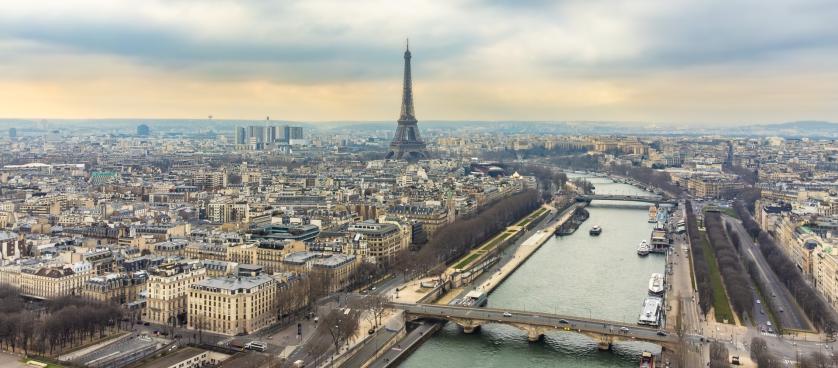The new reverse charge mechanism for VAT on imports

Authors
After two years of a series of developments, the Amended Finance Act (LFR) for 2016 has finally established a reverse charge mechanism for VAT on imports similar to that which existed previously, although it has now been extended to all entities subject to tax established within the European Union (EU) that import goods in France, without first having to have a specific customs procedure. As regards operators located outside the EU Customs territory, they are no longer excluded from the arrangement and they are also able to benefit from the reverse charge of import VAT without any specific restrictive conditions.
However, the legislator has not chosen to keep an option-based system, as was the case with the "blue economy" act, since it has gone back to the authorisation system stipulated in the Sapin II act. Whilst a single clearance procedure is certainly no longer in place, the system remains an authorisation system.
It is necessary to meet certain conditions intended to secure the measure given that VAT is, according to the customs authorities, "a tax that is particularly exposed to the risk of fraud". Authorisation to benefit from the reverse charge mechanism for import VAT is therefore granted to operators considered to be reliable.
For companies established in the EU, this means those which:
- have performed at least four imports in the EU over the last 12 months;
- can demonstrate having satisfactory management systems for customs and tax documents enabling import transactions in France to be adequately tracked;
- are able to prove that they have committed no serious or repeat infringements of customs legislation and taxation rules over the last 12 months;
- are in a satisfactory financial position.
For companies established outside of the Union, they must conduct customs clearance operations via a customs representative with the status AEO (Authorised Economic Operator)-Customs Simplifications. Operators registered under the provisions prior to the Amended Finance Act for 2016 must be authorised within three years of their initial registration date, in order to benefit from the new measure. Tacit renewal is not possible; companies must therefore submit an authorisation application once this three-year period has elapsed.
Furthermore, on 3 January 2017, the French Customs Directorate-General published a memo operators about the new provisions of article 1695 of the French General Tax Code (CGI) taken from the Amended Finance Act for 2016, in which it stated in particular:
"The ATVAI [reverse charge mechanism for VAT on imports] benefits all those entities subject to VAT who import goods to France for which they owe the tax, without them needing to have a customs procedure".
In practical terms, this new system is not as straightforward at the one introduced by the "blue economy" act, particularly in that it provided for benefiting from the reverse charge mechanism as a simple option, but the memo sent to operators indicates that the review by customs services of authorisation requested should prove to be relatively flexible.
The current mechanism proposed by the customs authorities therefore remains attractive for companies, especially in that it includes third-party operators within its scope of application.
Amended Finance Act for 2016 (Loi de finances rectificative pour 2016) of 29 December 2016 - Article 87






